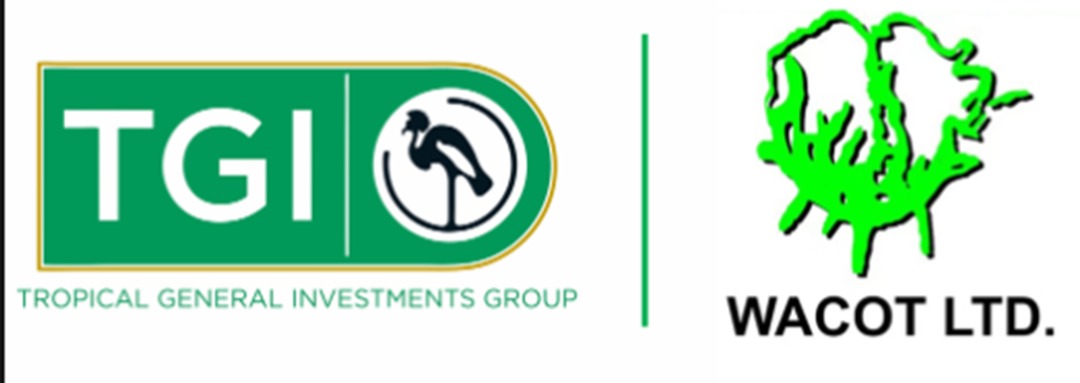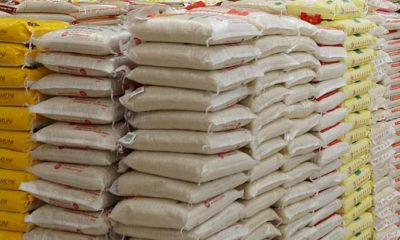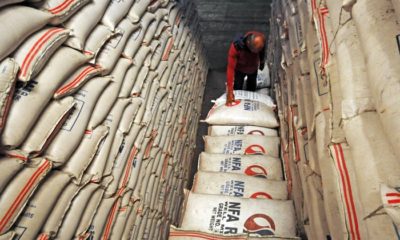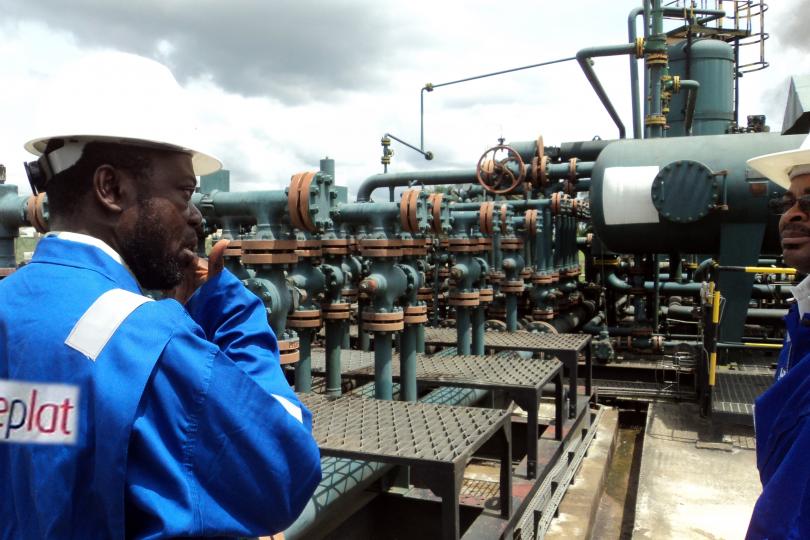In demonstrating its commitment to the success of the Argungu Outgrower Expansion Program (AOEP), WACOT Rice Limited has concluded the distribution of agri-inputs to smallholder rice farmers in Argungu, Augie, Suru and Dandi Local Government Areas of Kebbi State.
The AOEP which is a partnership between WACOT Rice Limited and the West African Trade and Investment Hub (TH) seeks to increase the quality of smallholder farmer livelihoods via access to required agri-input financing, capacity building trainings on Yield Enhancement Techniques (YET) and Good Agronomic Practices (GAP).
The input distribution was carried out at village and community levels. The Emir of Argungu, His Highness Alhaji Samaila Muhammad Mera (CON), flagged off the 2021/2022 Dry Season agri-input distribution exercise at his palace in on the 8th of December 2021.
The ongoing program involves 3,464 registered farmers in four LGAs. These farmers, comprising of 10% women and 25% youth, have received agri-inputs and as the season progresses, they will also be supported with both on and off-field training sessions.
Commenting on the exercise, the Chairman of WACOT Rice Limited – Farouk Gumel, said the distribution of certified seeds, agrochemicals, and fertilizer to the project participants will enhance their productivity and thus, income.
He added that, “I am excited about the significant participation of youth and women this season who continue to play a critical role in Nigeria’s agricultural value chain. I will encourage more to sign up as this will support our ambitions to become a self-sufficient nation”
One of the beneficiaries, Hajia Kulu Augie, who has a three-hectare rice farm at Kasuwanamu Fadama area of Kebbi, commended WACOT and its partner, the Trade Hub, for the kind gesture, noting that it had made life easier for the farmers by empowering them.
She said, “they are helping many people with the input they give us. I got NPK, Urea, fertilisers and herbicides for this planting season, which will boost my yield. Then, the terms are convenient because I only need to provide them with rice worth the value of inputs I got from them. The arrangement is also beautiful in that I can sell the remaining rice to them at the going rate or take it elsewhere; there is no compulsion at all.”
Recall that in December 2020, WACOT Rice signed a co-investment partnership with the Trade Hub to the tune of $10.5 million to support the company’s Argungu Rice Outgrower Expansion Project based in Kebbi State. In this partnership, WACOT Rice will register an additional 5,143 farmers to complement its already existing outgrower network in the state. These new farmers are expected to cultivate over 5,000 additional hectares of land thereby producing over 20,000 tons of paddy which will be utilised at WACOT Rice’s 120,000-ton rice mill in Kebbi
WACOT Rice Limited – a member of the TGI Group, operates an integrated state-of-the-art rice mill in Argungu, Kebbi State. The mill is one of the largest rice mills in Sub-Saharan Africa and sources paddy from various paddy producing states across Nigeria. The mill was commissioned by the Vice President, Prof. Yemi Osinbajo in 2017 and produces premium household brands of parboiled rice Big Bull and Patriot.


 Naira4 weeks ago
Naira4 weeks ago
 Billionaire Watch4 weeks ago
Billionaire Watch4 weeks ago



 Naira4 weeks ago
Naira4 weeks ago






 Naira4 weeks ago
Naira4 weeks ago


 Naira3 weeks ago
Naira3 weeks ago






 Naira3 weeks ago
Naira3 weeks ago
 Economy4 weeks ago
Economy4 weeks ago


 Naira3 weeks ago
Naira3 weeks ago



















